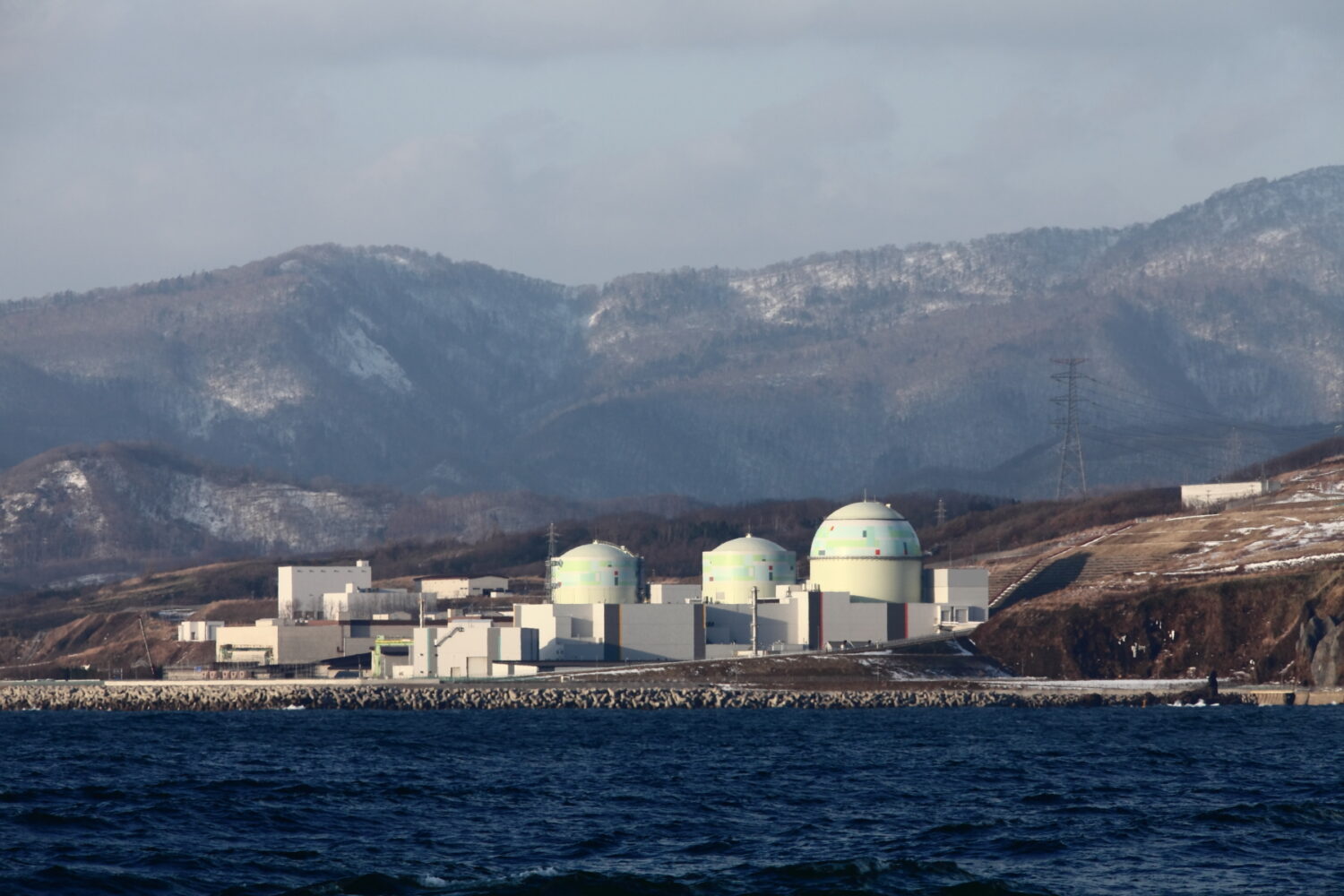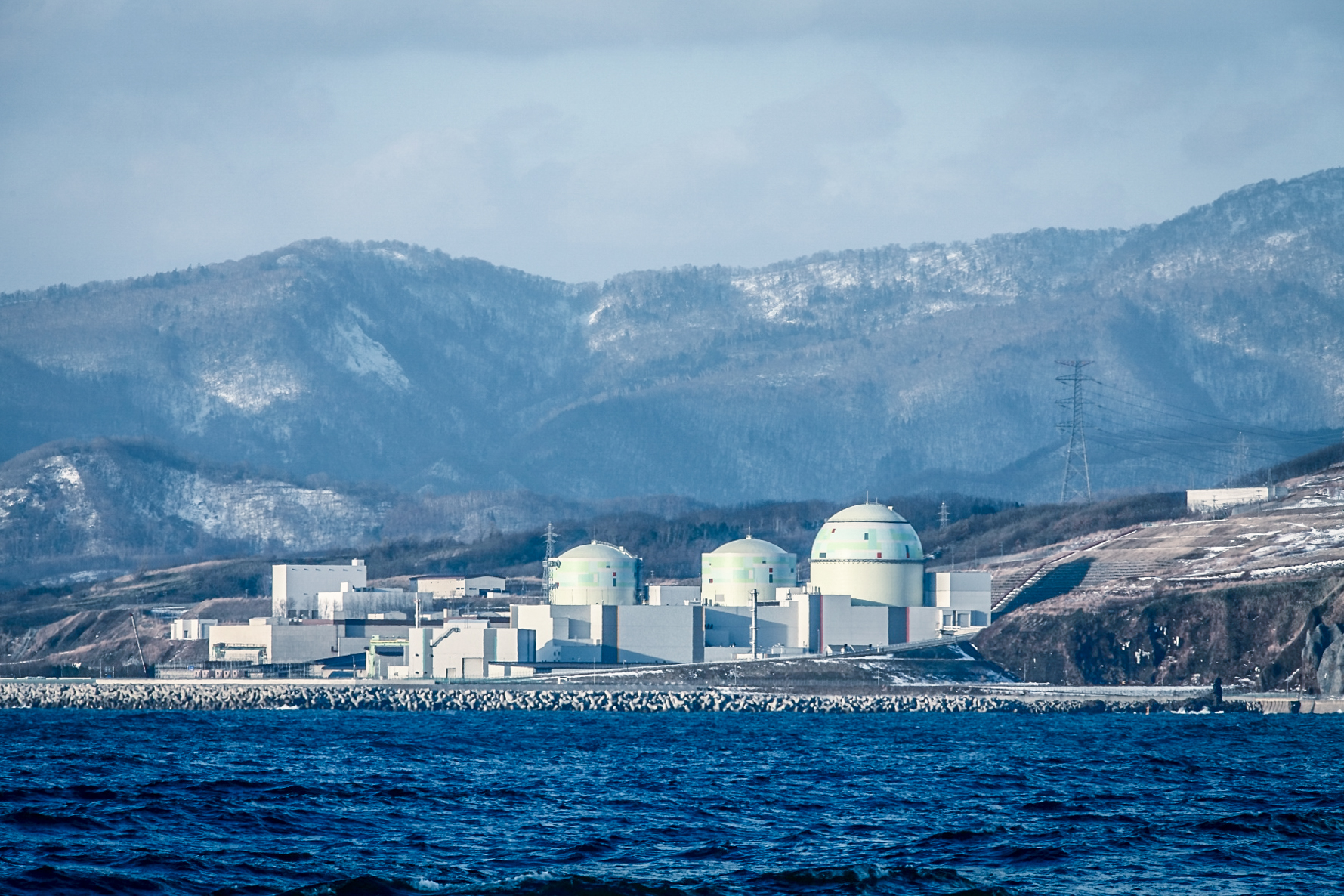As in the case of Ikata-1, the decommissioning of Ikata-2 will be carried out over a period of forty years, divided into four phases, in order to ensure that all the processes—investigating for adhered radioactive materials, and dismantling each facility—are carried out safely and smoothly.
During the first phase of dismantling preparation, the 316 spent fuel assemblies stored in the unit will be separated into three areas: a dry storage facility on-site (scheduled to start operation in FY23, starting in April 2023), a spent fuel pit at the Ikata-3 NPP, and the reprocessing plant in Rokkasho Village. The 102 unused fuel assemblies, meanwhile, will be delivered to a fuel fabrication facility.
Ikata-2 has not been operational since a periodic inspection was conducted in January 2012. When the new regulatory standards were issued in July 2013, Shikoku Electric Power analyzed various factors involved in restarting the reactor, including costs, operating periods, and output, and decided in March 2018 to decommission the unit.
In April 2017, still in the wake of the March 2011 accident at the Fukushima Daiichi NPPs, NRA approved decommissioning plans for five so-called “aging reactors”—that is, those nearing the forty-year mark of operation—as follows: (1) the Genkai-1 NPP of the Kyushu Electric Power Co., (2) the Tsuruga-1 NPP of the Japan Atomic Power Company (JAPC), (3) the Mihama-1 and -2 NPPs of the Kansai Electric Power Co. (Kansai EP), and (4) the Shimane-1 NPP of the Chugoku Electric Power Co.
Approval for the decommissioning of Ikata-1 ensued in June of the same year. The same December, Kansai EP decided to decommission both its Ohi-1 and -2 NPPs. Last month, the power utility received permission to change its reactor installations (basic design approvals) at its Ohi-3 and -4 NPPs, enabling them to use recyclable fuel.
Governor Tokihiro Nakamura of Ehime Prefecture has released a comment on the decommissioning plan for Ikata-2, saying that the prefecture’s own nuclear safety division would continue to monitor the situation. In his remarks, he asked Shikoku Electric Power to consider such matters as regional development and responsible activities for waste disposal.


-013.jpg)

-049.jpg)
.jpg)






